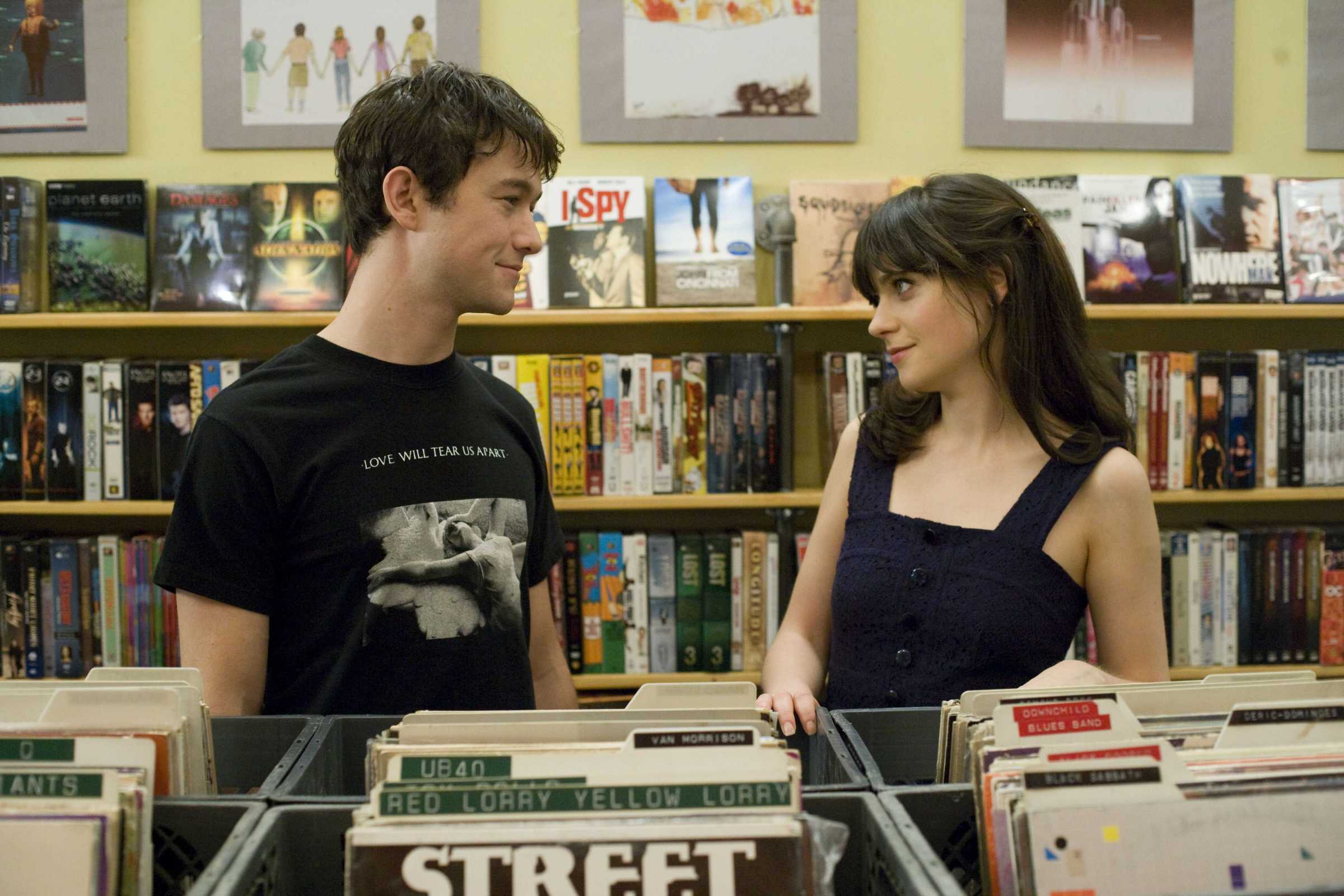Heartbreak is a hard concept to wrestle with on film, mostly because it’s hard enough to wrestle with in real life. Whether you’ve experienced it or not, real and profound heartbreak is something which is oft represented, but seldom understood on celluloid. Often it is from such depths which our greatest, most passionate cinematic expressions come.
A relatively recent example comes in the form of Charlie Kaufman’s inimitable Eternal Sunshine of the Spotless Mind. Before he arguably slipped into curmudgeon-like cynicism with Anomalisa, Kaufman wrote love, longing and, ultimately, heartbreak in its purest cinematic form. Kaufman is no stranger to representing the frustrations of love, however the reason this specific example resonates so much with those mending a broken heart is that it, more than any other of his films, encompasses the pain and vulnerability inherent in falling head over heels for someone. However it did so by showing love as a wonderful and indeed essential part of the human condition. Therein lies the great, inexpressible contradiction of love: as much as it hurts, as much as we often hate it, we go through with it nonetheless.
To this end, we must turn to David Lowery, most recently of Pete’s Dragon fame, and his sadly rarely seen debut feature Ain’t Them Bodies Saints. It wears its influences heavily on its sleeve and, objectively, it must be recognised that it has its flaws, however the film is as pure and honest a depiction of this aforementioned contradiction as you are likely to see. For those unfamiliar with it, it tells the story of an outlaw that escapes prison and puts himself through a horrible trial of endurance to be reunited with the woman he loves and his daughter whom he’s never met. It’s all horribly romantic, saccharine even, however, to its credit, it shows the ridiculous, often unreasonable ends we put ourselves through in pursuit of a concept we don’t understand. This, after all, is why these sorts of films resonate so heavily with us: the Juno-filtered, Instagram generation have had their expectation perpetually raised by continuously comparing themselves to people on their timelines who are apparently having a better time than them. This makes the sort of narrative which Lowery presents, one of the pursuit of the perfect woman, resonate as much as it does. This is also why Lowery’s narrative is so essential: it shows this pursuit as a fallacy. Perhaps I’m being cynical but a bit of cynicism can be good with these sorts of subjects.
Now is as good a time as any to turn to (500) Days of Summer. The author’s note at the start predicts the residue of cynicism which runs through the film. It reads: “The following is a work of fiction. Any resemblance to persons living or dead is purely coincidental. Especially you Jenny Beckman. Bitch.” The rest of film carries on in similar fashion: when our protagonist Tom is not indulging in his idealised love, he is cynically hitting back at a world which doesn’t allow his idealised vision to exist. Cynical though it may be at time, the reason the film works so well is that it’s self-aware. This is key: sure, indulge all your idealised desires, but do it with some self-awareness. As this film teaches us in one of the most imaginative scenes in recent memory, reality and expectation rarely align.
Heartbreak is too rich a filmic field to fully explore here however please to not misunderstand, I urge you, of course, to go forth an indulge all your romantic desires, we deserve that much. Go have a good ol’ weep at (500) Days of Summer or High Fidelity. To hell with it, stick on The Notebook for all I care, it’s good to indulge our little saccharine hearts from time to time. Love yourself, love others and, if it doesn’t work out, then screw it: watch Charlie Kaufman and repeat the process once again. The heartbreak film is indispensable and should be treated as such, at least until we’ve figured out the formula to love. But god forbid that ever happens, Charlie Kaufman would be out of a job.
Image: sinemabed; flickr

